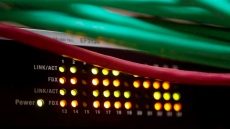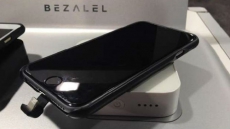Most young and tech-savvy Indian travellers now consider smartphone to be their single-most indispensable item while they plan to travel ahead of toothbrush, deodorant and driving license, according to an interesting study.
The relevance of mobile devices is tied to how the device improves the quality of travel itself among 9,642 travellers across 19 countries including India, said the study commissioned by travel website Expedia.com and conducted recently by consulting firm Northstar.
"We have found that travellers are using mobile devices at every stage of the travel process, from researching and booking trips to capturing and sharing the travel experience," Aman Bhutani, president for Brand Expedia Group, was quoted as saying.
"And just because a traveller can use their device to read work email and stay connected to the office, they also believe it improves the quality of their vacations," he added.
"Consumers tell us what they do and don't like in their mobile offerings and habits, and we've been listening and steadily adapting to provide what the mobile-savvy travellers demand," Bhutani said.
Business travellers use mobile devices to remain tightly connected to their home office. More than one half of travellers who are employed check in on work at least once a day while on vacation, the study found.
"Mobile devices may be a requirement for business trips, however, business travel and connectivity is changing. Various devices allow for a seamless experience with apps that enable users to be more productive and efficient, which travellers are utilising in order to prioritise work-life balance and disconnect when possible," said Rob Greyber, president of Egencia.
At least 60 percent travellers who check in with work during a vacation say their travel partner or spouse does not mind. However, among Indians, who are the most likely to check in with work, one-fifth admit that their spouse or travel partner does get annoyed, the study said.
The study analysed inputs from across North America, Europe, South America and Asia Pacific.





